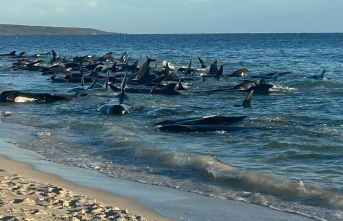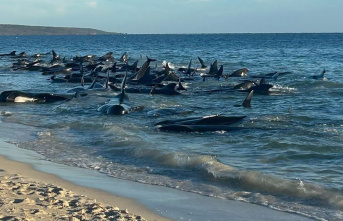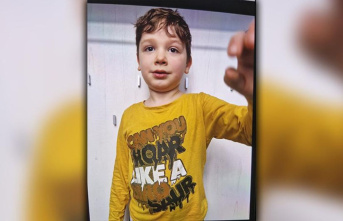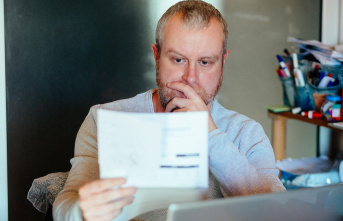Around six months after the flood disaster in Pakistan, millions of people in the affected areas still have no access to clean drinking water. The aid organization Unicef announced today. According to the report, more than five million people have had to drink polluted water since the floods last summer.
This contributes significantly to the malnutrition of children, not least because infectious diseases such as diarrhea prevent the absorption of important nutrients. "Safe drinking water is not a privilege, it is a human right," said UNICEF country representative for Pakistan Abdullah Fadil. In the affected areas, however, the water has destroyed a large part of the water supply infrastructure.
Last summer, Pakistan suffered from the worst floods in its history on record. Almost 1700 people died. In the meantime, a third of the country was under water. Experts blame climate change for the increase in extreme weather in Pakistan. The South Asian country is dependent on international aid to adapt to climate change.
To date, the water has not fully receded in the worst-hit areas. Many people still live in emergency shelters. In addition, a lack of sanitary facilities remains a problem. Diseases such as diarrhoea, malaria or cholera spread in the polluted water.











